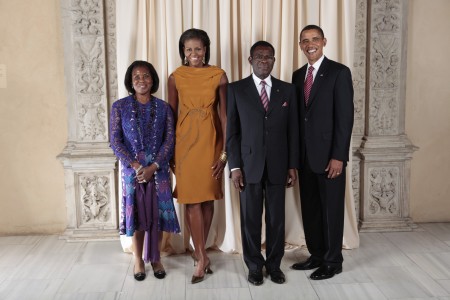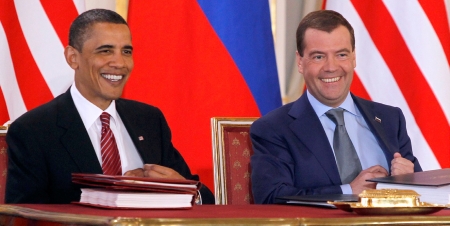
You’re ranked the 14th worst dictator in the world; you preside over a country with a per capita GDP that is higher than that of Italy, but your people’s living standards are among the lowest in the world; your son is widely accused of spending his daddy’s (read: country’s) money on a USD 33 million private jet, a USD 35 million Malibu mansion, speedboats and a fleet of fast cars; and you win 96.7 percent of the vote in a presidential election, and then international observers publicly doubt the election’s credibility.
Well, if all that applies to you, you really have an image problem.
Luckily, there are professionals who can amend such glitches. We recently learned that former Clinton aide and DC lobbyist Lanny J Davis took on the noble task of recasting the image of Equatorial Guinea’s President Teodoro Obiang Nguema Mbasogo (described above). And all that for the modest sum of USD 1 million.
Davis says that he only agreed to the contract because of Mr. Obiang’s promise to introduce a series of reforms. These include a more effective use of the country’s vast oil resources for the benefit of the people, social sector development, institutional reform, improved relations with human rights organizations and environmental conservation initiatives.
For years, the US government has been accused of soft-pedaling the record of this unusually corrupt and unscrupulous dictator, whom Condoleeza Rice in 2006 called “a good friend.” Also the Obama administration has been accused of looking the other way when it comes to corruption and human rights abuses in Equatorial Guinea so as not to alienate this oil-rich African state. A significant amount of the country’s substantial oil resources is exported to the US, and the bulk of investment in the country’s oil industry comes from US-based oil companies.
True, you can hire DC lobbyists for almost anything these days. But the fact that Mr. Obiang hired Lanny Davis makes the story particularly controversial.
Davis is an old friend of both Hillary and Bill Clinton (they went to law school at Yale together), and he had worked on Hillary’s campaign. This naturally raises suspicions that the US State Department, and hence the Obama administration, doesn’t mind too much that Obiang’s image is getting a professional overhaul. After all, people may ask, couldn’t Hilary ask an old friend to perhaps find himself another client instead?
More disturbingly, Davis had been criticized in the past for touting himself as an ‘independent news analyst’ and devout Liberal; for speaking regularly on US television networks and writing op-eds in influential newspapers while his audience is often left in the dark about his clients.
Truly, Lanny Davis himself has an image problem. But unlike Obiang, he doesn’t seem to care.




